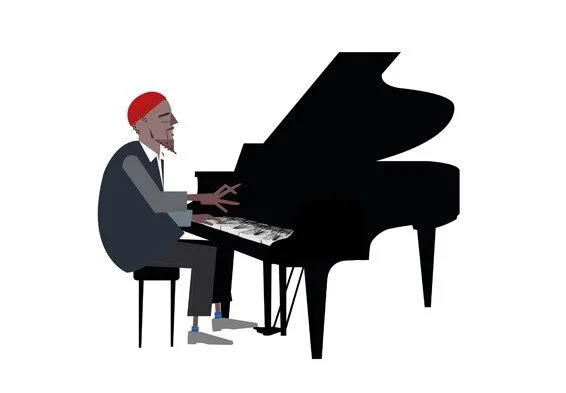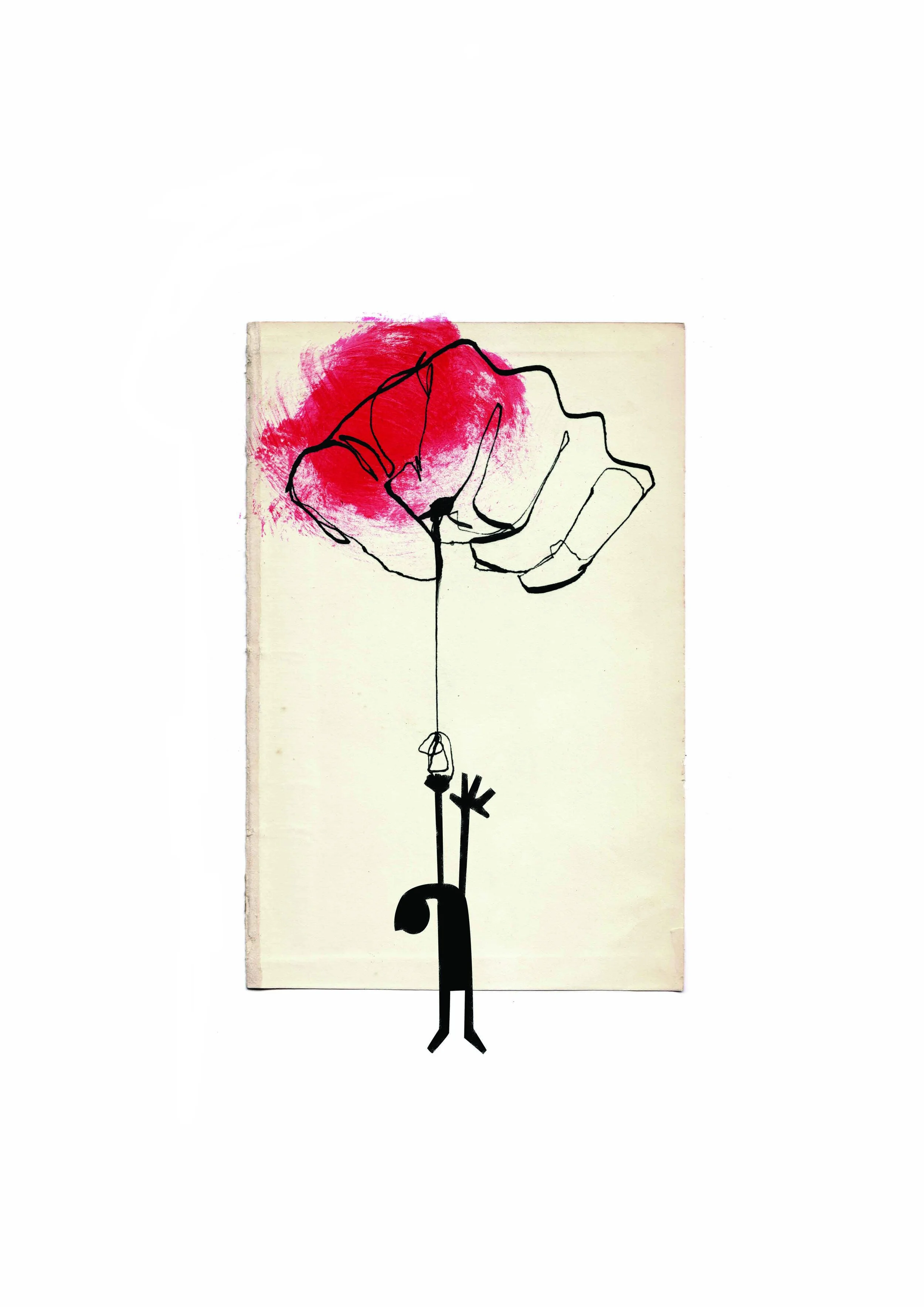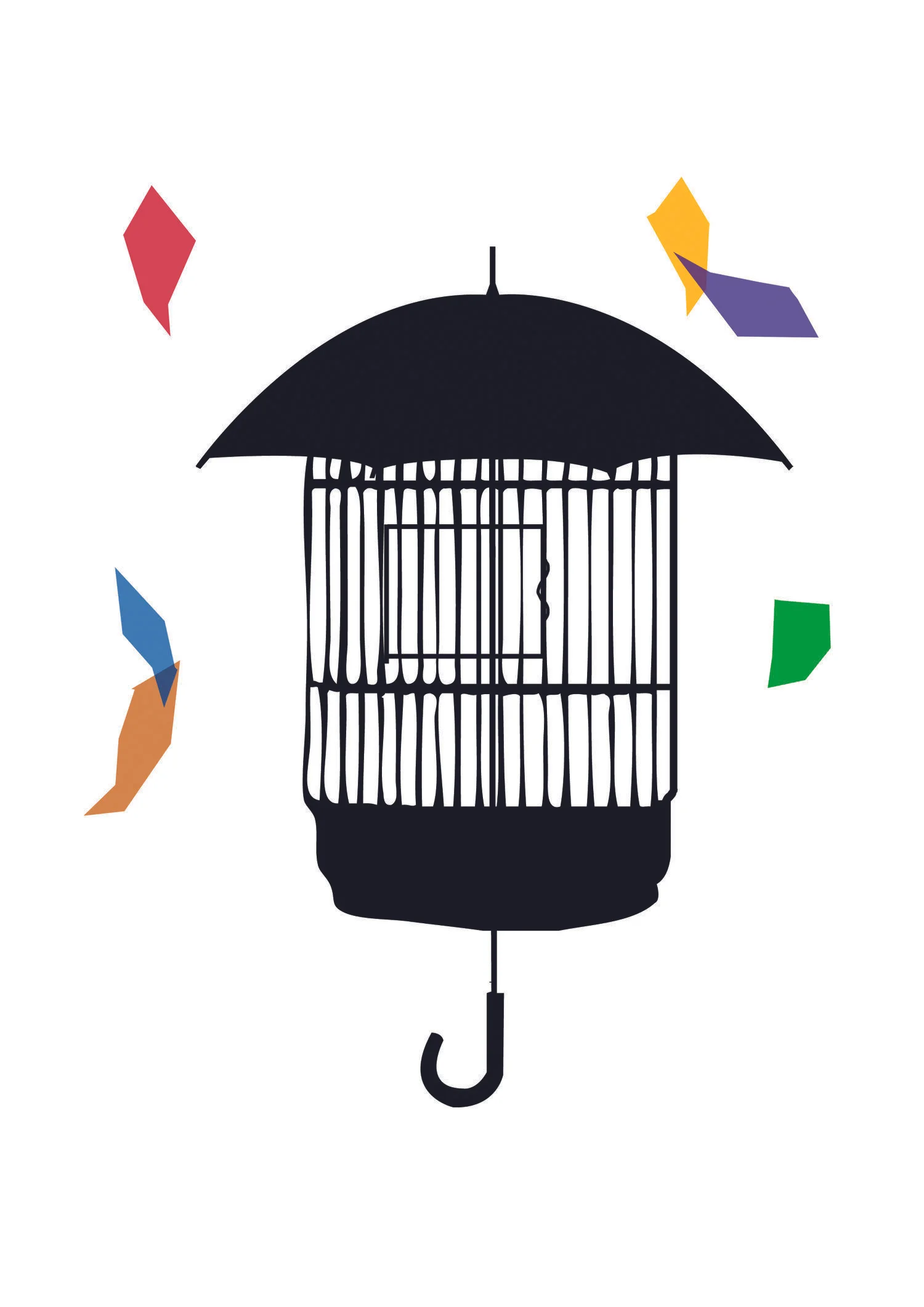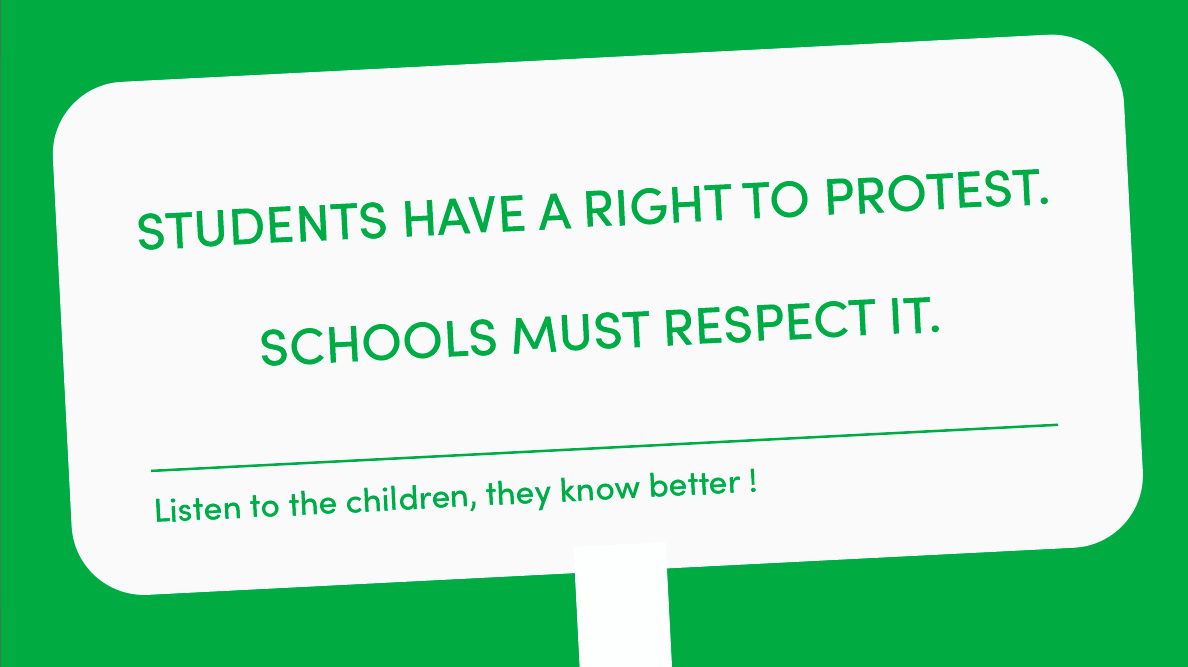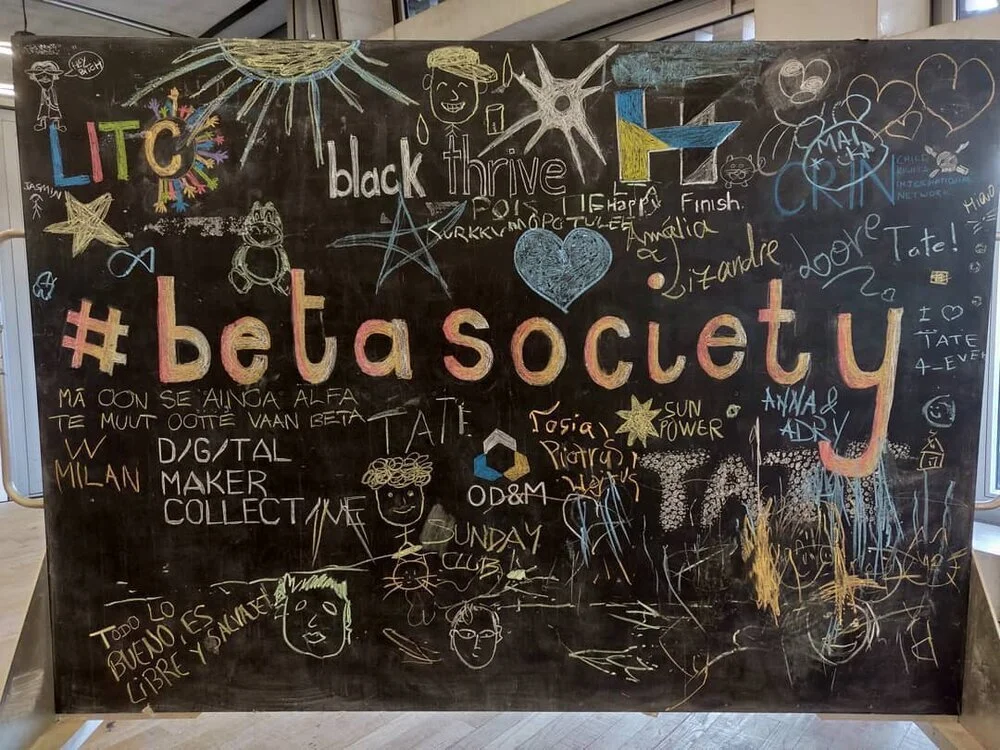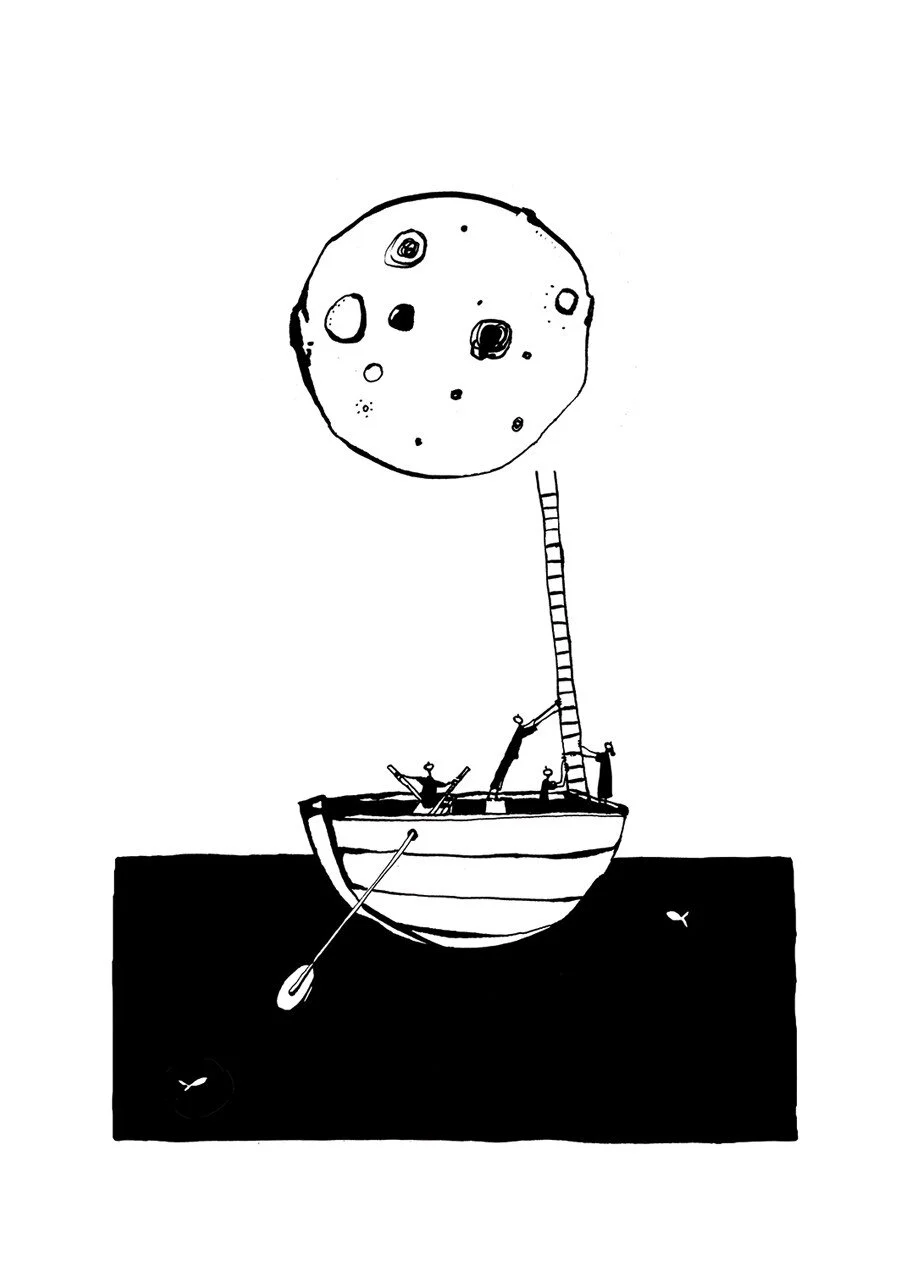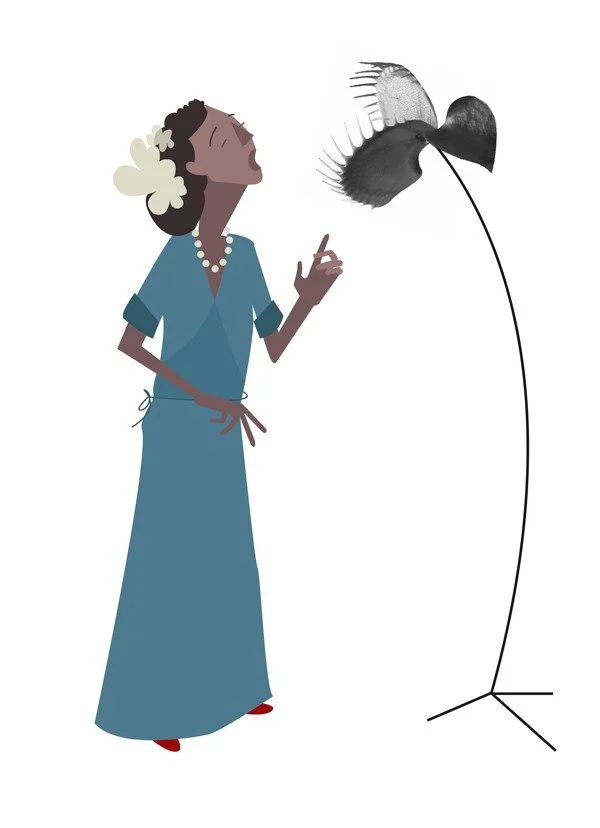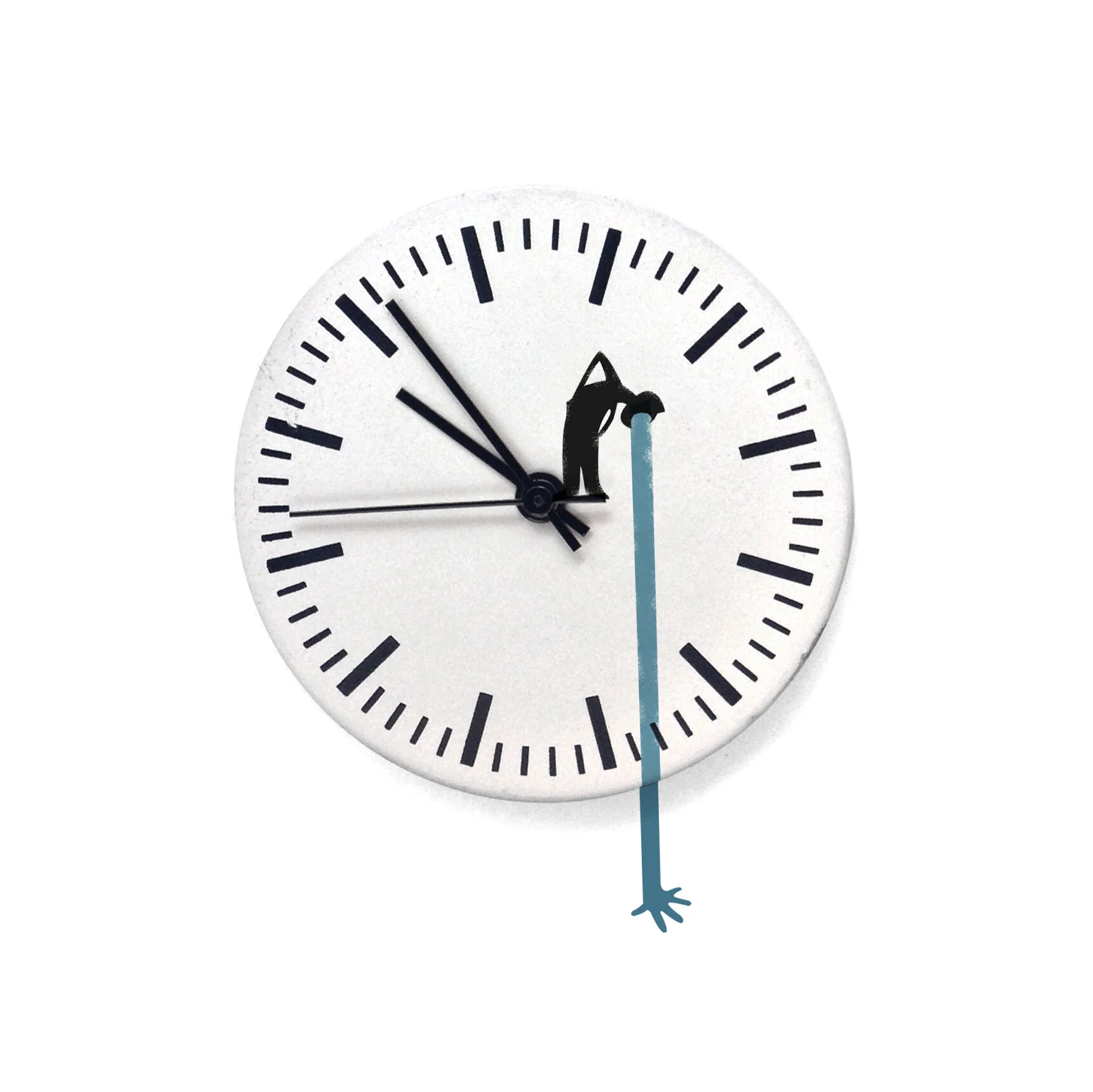CRIN will be joining the global climate strike on 20 September. It’s the first time the organisation as a whole will take part on a working day. But we won’t just be attending the strike in person; we’re also blacking out our website. To explain our intentions, there are four reasons why we’re joining the climate strike.
Read MoreThe British army is intentionally targeting young people from deprived backgrounds for the roles carrying the greatest risks in war. This new report examines the targeting of these children and the effects of this practice on the 16 and 17 year-olds who are recruited.
Read MoreCRIN has joined the EDC-Free Europe coalition representing more than 70 environmental, health, women’s and consumer groups across Europe, all sharing the same concern about hormone disrupting chemicals (EDCs) and their impact on human health and the environment.
Read MoreTo produce the edition Silence of the magazine, we read, listened to, discovered, and were inspired by the following materials.
Read MoreTo produce the edition Silence of the magazine, we read, listened to, discovered, and were inspired by the following materials.
Read MoreThis guest article, written by Play the Game at the Danish Institute for Sports Studies, examines how, despite sport being hailed and promoted as a good for children and society at large, there is a growing awareness on the downsides of sport that sometimes turn children into victims rather than winners.
Read MoreCRIN co-hosted a round-table discussion on children and young people's right to demand action and justice for the climate crisis. Together with the environmental law organisations CIEL and Earthjustice, we heard from climate youth groups in Switzerland about their experiences of organising strikes, making calls to policy makers, and sitting at the negotiation table with local authorities.
Read MoreTwo guest articles about the grassroots resistance to the campaign to circumcise men and boys across Africa. The VMMC campaign (voluntary medical male circumcision) targets African communities with the goal of creating and maintaining an 80 percent male circumcision rate across the continent. Many men refuse circumcision, so in 2016 infant boys were added to the campaign.
Read MoreThe UK is the only major military power and the only State in Europe to enlist 16-year-olds into its armed forces. Following the closure of Child Soldiers International, the campaign to raise the UK’s military enlistment age to 18 will move to the Child Rights International Network (CRIN).
Read MoreThis guest article by the Bank Information Center (BIC) reflects on how one World Bank-funded project in Uganda gave rise to sexual abuse of girls and what was done about it. The BIC advocates on reforming international financial institutions to make sure that the development projects they fund do not undermine human rights or harm the environment.
Read MoreThis week CRIN hosted a temporary art exhibition and discussion in Geneva on toxic exposure in our everyday lives and what is being done to raise awareness of these issues. The event was hosted at the Bocal Local, an eco-responsible grocery shop in Geneva, while the meetings of the parties to the Basel, Rotterdam and Stockholm Conventions took place in the city.
Read MoreCRIN will be participating in this year’s Venice Biennale as part of the ARTIVISM exhibition, in collaboration with the Auschwitz Institute for Peace and Reconciliation. The event will explore creative responses to large-scale identity-based violence and mass atrocities.
Read MoreIn our latest case study on the stories behind strategic children's rights litigation, we examine several challenges to Russia's "gay propaganda" laws. Passed using the protection of children as an excuse to silence public discussions and positive messages about LGBT issues, these laws effectively deny freedom of expression and access to information on gender and sexual diversity.
Read MoreSchool students have led major protests in recent months against climate change negligence and stood up to the complacency of passive politicians. CRIN has written a statement supporting the student strikes, along with a template students can use to challenge the threat of punishments for protesting.
Read MoreCRIN joined forces with the Digital Maker Collective in March as part of the week-long event called BETA Society hosted by Tate Exchange. It brought together tech activists, students, creatives and the public to explore ideas for making society a better, fairer place. For our part, we organised Beta Utopia — a first attempt at drawing a picture of a world where human rights are respected, where problems come with solutions, and where anyone can pick up a pen and contribute.
Read MoreMore than a third of the world’s children currently live in Commonwealth countries, a so-called family of nations that shares a dark legacy of colonialism, violence and discrimination. Rather than celebrate its history, we think the Commonwealth Secretariat should apologise for it. And surprise surprise, here's an apology we prepared earlier!
Read MoreCRIN is launching Utopia — a new collaborative project that draws a picture of what a rights-respecting world would look like, bringing together the factual and imaginary as a tool for change.
Read MoreIt was the poet and music critic Stanley Crouch who said “Jazz predicted the civil rights movement more than any other art in America.” But it was the famous trumpeter and composer Miles Davis who said, “Don’t call it jazz. Call it social music”.
Read MoreMost cases of sexual abuse of children are never disclosed let alone reported to the authorities. This silence is made worse when the very laws intended to hold perpetrators to account prevent survivors from seeking justice. Time limits on bringing legal action do exactly this. So how are States dealing with limitation periods in the face of systemic child sexual abuse within their own borders?
Read MoreChemical company seeks whistleblower
Read More



